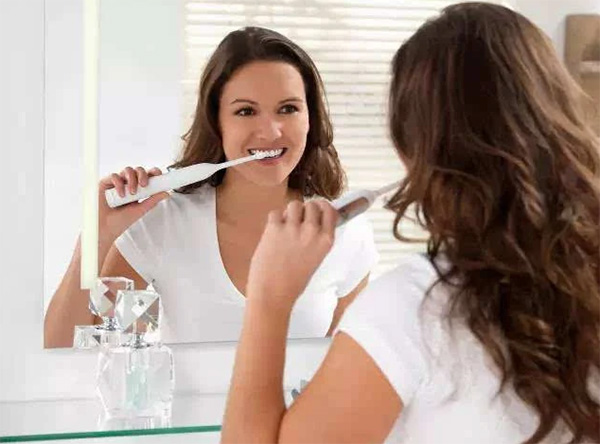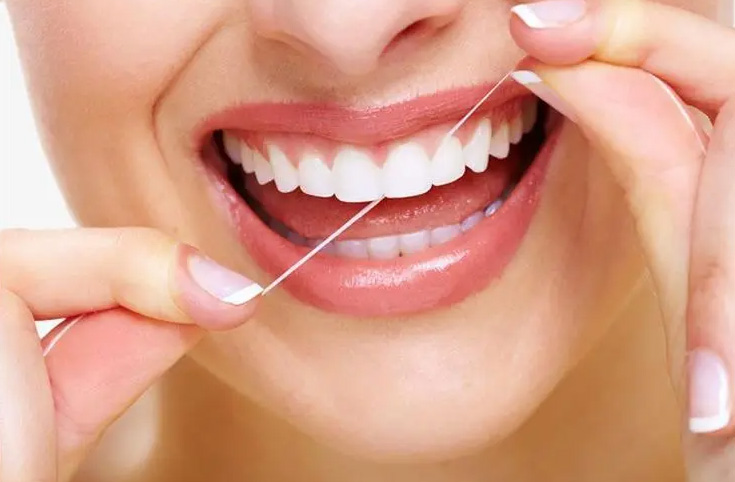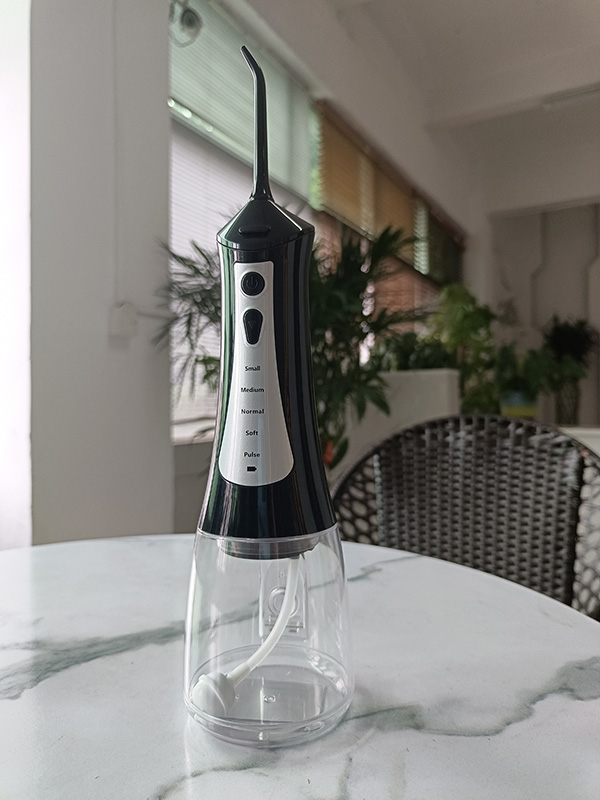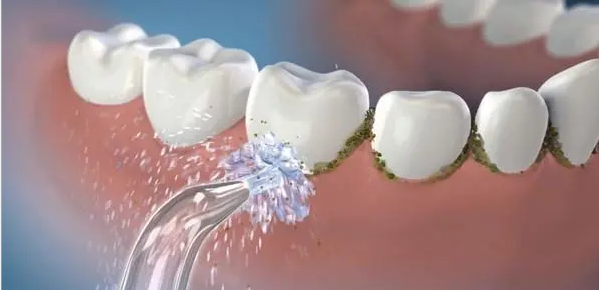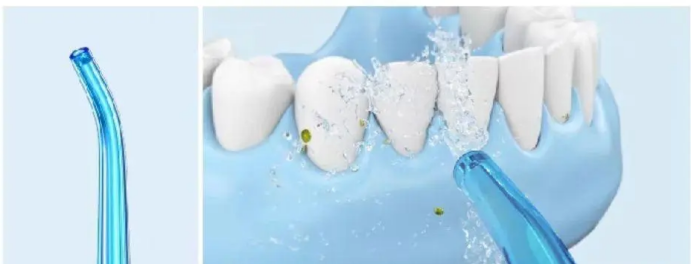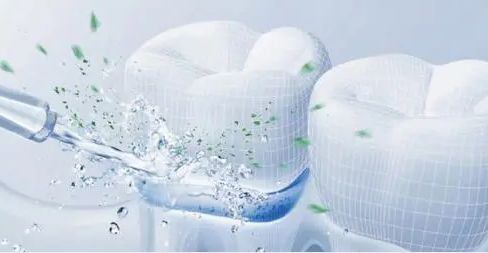If you care about your oral health and dental hygiene, you likely use the electric toothbrush to brush and floss your teeth at least twice a day. But is that enough?
Could you be doing more to protect your teeth? Or is there a better way to get hard-to-reach food particles?
Many dental patients swear by oral irrigator water flossing as an alternative to traditional flossing. But is it really better? Let’s examine the pros and cons.
Flossing vs. Water Flossing
Brushing your teeth at least twice a day is an effective way of removing plaque from the surfaces of your tooth, but brushing alone will not get rid of the food particles that are stuck between the teeth or below the gumline. That’s why dentists recommend flossing to remove bits of food that your toothbrush can’t reach.
Traditional flossing involves using a thin piece of waxy or treated string that passes between each set of your teeth, and gently scraping the sides of each tooth surface up and down. This helps remove the food particles that are trapped between your teeth and around your gums.
String flossing is therefore a quick, simple, and very effective way of removing excess food that can create bacteria on your teeth. Also, dental floss doesn’t cost much money, and it’s easily accessible from any pharmacy or grocery store.
However, it’s difficult to reach some areas of your mouth with dental floss. Also, it can cause minor bleeding if not done regularly, and it can cause or worsen gum sensitivity.
How a Water Flosser Works
Dental Water flosser pick is using a water-based teeth cleanser is also known as water flossing. This method is very different from traditional flossing.
It involves using a small handheld machine that directs a stream of water between and around your teeth and gums. Instead of scraping your teeth to remove plaque, water flossing uses water pressure to flush food and plaque from your teeth and massage your gums.
This massaging action helps improve gum health, while reaching areas that traditional flossing cannot. This is particularly beneficial for people who wear braces or have permanent or temporary bridges.
The only disadvantages of water flossing are that purchasing a water flosser can be expensive, and it requires access to water and electricity. Otherwise, it can be a more effective means of maintaining your dental hygiene.
In fact, a study published in the Journal of Clinical Dentistry found that subjects who used a water flosser had a 74.4 percent reduction in plaque as compared to 57.5 percent among those who used string floss. Other studies have confirmed that water flossing results in a greater reduction in gingivitis and gum bleeding compared with string flossing.
Post time: Jul-29-2022
